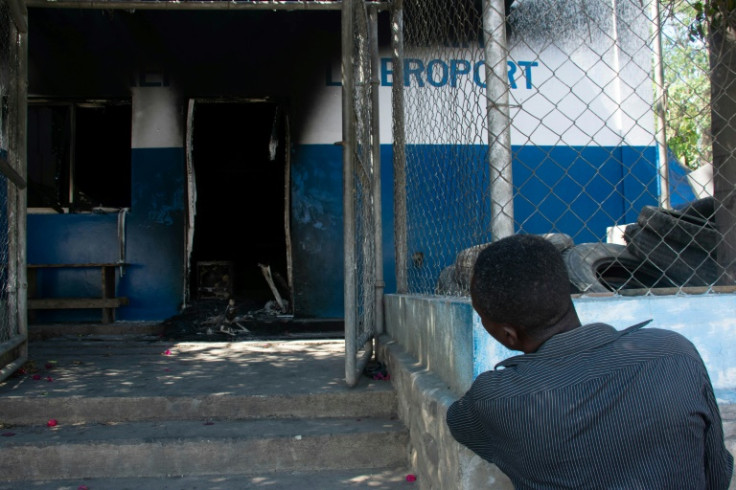
The international police force set to help fight against Haitian gangs will see a delay in its deployment to the country amid a lack of key equipment, the Miami Herald reported on Thursday.
The goal was for the Kenyan-led force to arrive in the country on Thursday, the day in which country president William Ruto is in Washington D.C. for a state visit to the White House.
However, the long-delayed deployment is now likely to take place in June to make time for the arrival of armored vehicles and helicopters able to conduct medical evacuations.
The outlet quoted an official saying that rules of engagement have been agreed on by Kenya and the Haitian government, but the agreement hasn't yet been submitted to the UN's security council, a prerequisite for the mission to begin.
Another obstacle is accommodation for the force, an issue found by a Kenyan delegation that arrived in Haiti this week. Among the issues described are also a lack of communication equipment.
The force is expected to face fierce resistance, as armed organizations have significantly expanded their influence and capabilities, according to a report by The New York Times.
These organizations have entrenched themselves in key national infrastructure, including police stations and seaports, and have driven hundreds of thousands of people from the capital.
Security experts who spoke to the outlet also note that this mission will face a more formidable and unified gang network than any previous intervention in the Caribbean nation.
In a recent interview with NPR, gang leader Jimmy Chérizier said the criminal consortium is gearing up for a lengthy fight that will involve "a lot of bloodshed."
He also blamed the U.S., saying the government carries some "responsibility" for the country's situation because they don't let Haitians decide about their own future for themselves. "The transitional council is not the will of the Haitian people. This is what Washington wants," he added.
Historically dependent on political and business elites for funding, some Haitian gangs have found new, independent financial sources since the assassination of President Jovenel Moïse and the subsequent state collapse.
Recent intelligence suggests that these gangs have acquired automatic weapons, potentially sourced from regional military stockpiles or converted from semiautomatic rifles. Their public posture has also shifted, with gangs now presenting themselves as militias with national ambitions, rather than being mired in local turf wars.
Haitian gangs appear to be using weapons similar to those of the Gulf Clan, a Colombian cartel operating along the Caribbean coastline. Colombian President Gustavo Petro has indicated that stolen military weapons from Colombia may have made their way to Haiti.
© 2025 Latin Times. All rights reserved. Do not reproduce without permission.





